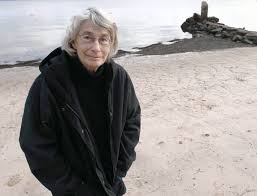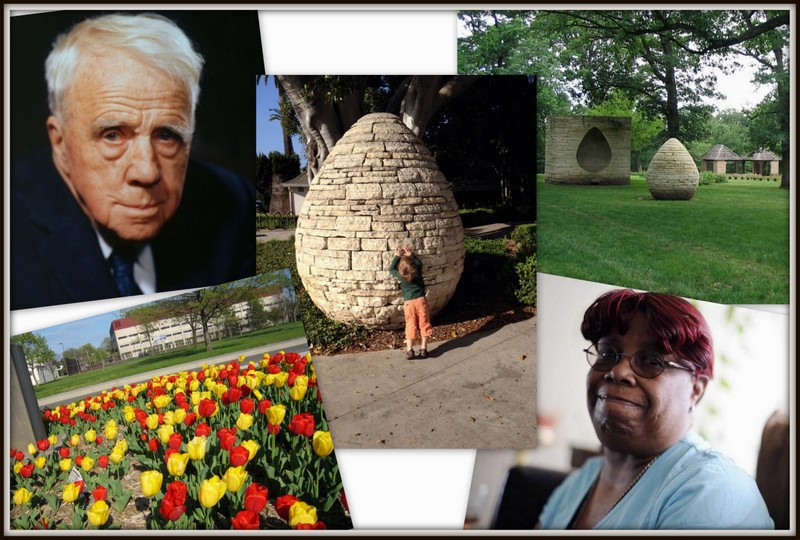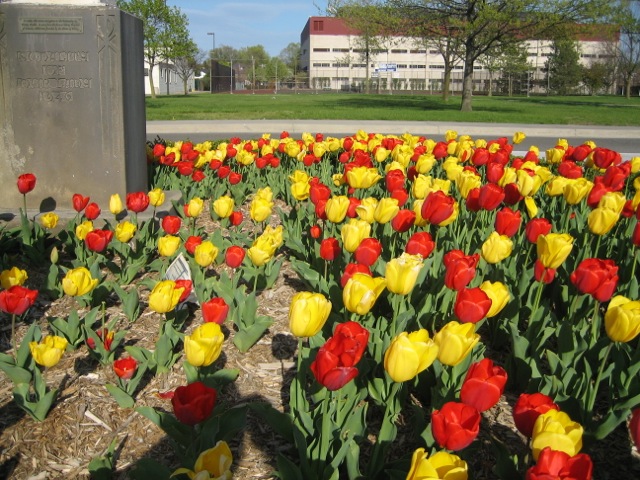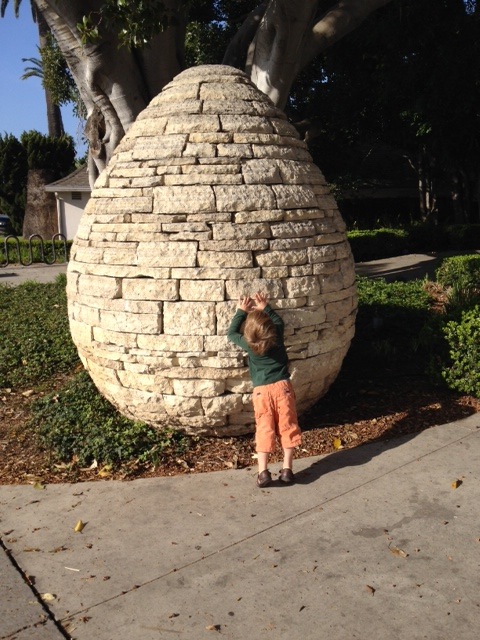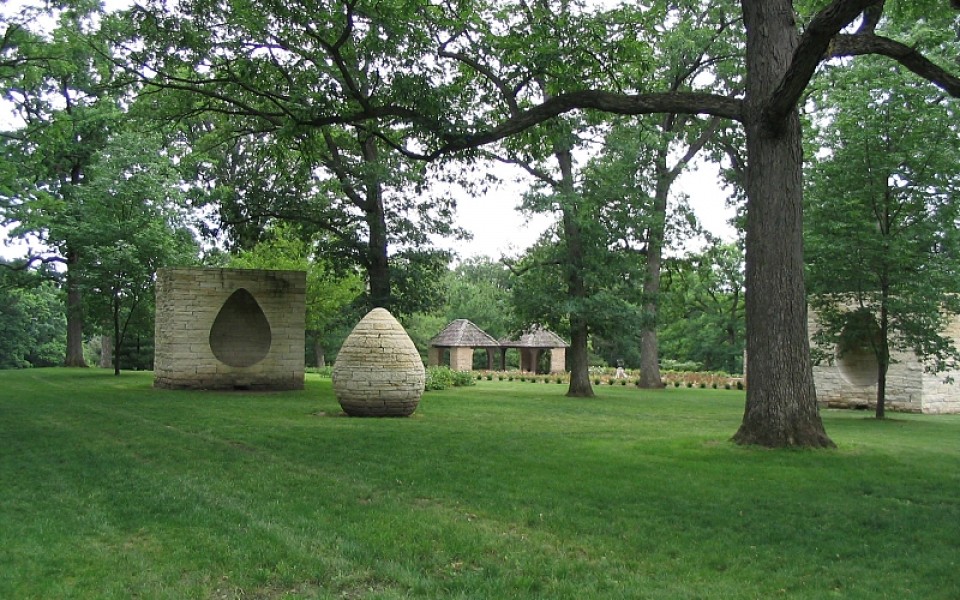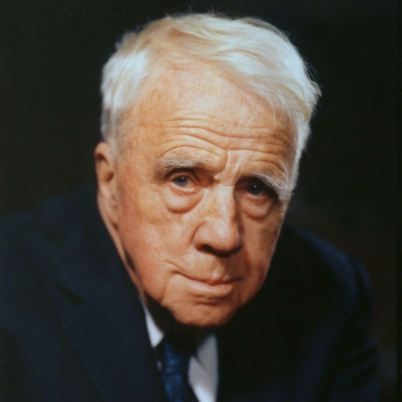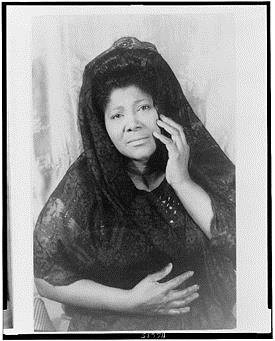Wednesday April 30 — the day before May
A long time UDM friend reminded me that on Ash Wednesday I more or less promised leaves on trees by Easter. “Where are they?” she demanded. A little defensive, I look back at March 10, the Ash Wednesday post. I didn’t exactly say leaves on trees by Easter.
“In our climate, you might say that “Spring” means the season when trees and shrubs and flowers and grass look dead and very gradually tell the careful observer that they are coming back to life. Stopping and looking is a form of Lenten prayer and helps more than giving up candy or beer, a metaphor for close watching other parts of life and waiting there in hope: a child growing up; a city laboring through bankruptcy; a Congress waiting to learn civility again. A university teeming with people trying to learn, trying to teach, trying to renew it’s day to day operations. Beauty all around us. The growing length of daylight during this year’s Lent comes to about 3 minutes more light each day.
Ash Wednesday = 11 hours & 28 minutes of daylight ———> Today = 14 hours & 00 minutes of daylight
A couple days ago, I encountered a Melinda Henneberger column in the Washington Post, “5 ways not to sell your school” (http://m.washingtonpost.com/opinions/college-tour-de-farce-5-ways-not-to-sell-your-school/2014/04/25/58bf09c2-cbe3-11e3-93eb-6c0037dde2ad_story.html). It’s hilarious and trenchant at the same time. And it reminded me why I love living and working at UDM in the heart of Detroit. I love it that we try to teach our students to engage the world the way it is; to not whitewash the city’s wounds; to learn to be street-smart and to love the city’s strengths at the same time; to risk exulting in signs of the city’s re-birth. I felt that in my bones in December 1980 when I drove a U-Haul with my stuff from grad school in Philly to Six Mile and Livernois, a time when campus looked a lot more ratty than we do now. Sometimes Detroit makes me tired (as in “sick and tired”). Then someone reminds me of what a gritty, close-to-the-ground place we work in. Here is where we teach chemistry and poetry, legal practice, nursing and engineering. It is here that we will celebrate another Commencement, our 133rd I think. For me, Detroit rather than Bennington.
Enjoy the day and get ready to smile at May.
john sj
Today’s Post: Melinda Henneberger, “5 Ways not to sell your school”
“Seeing so few humans, my daughter asked her to describe them for us. “What about diversity?” To her credit, the young woman leading the tour of a school known for its progressive leanings was honest: “Ideologically, there isn’t any.’’“Where is everyone?” my daughter asked as we walked through Bennington College, one of the finest liberal arts schools in the country. It was 11 a.m. on a weekday, but the campus in rural Vermont seemed almost entirely unpopulated. The students were still sleeping, our tour guide suggested.
Later, while visiting one of the dorms, we were shown the community condom cabinet and told that residents often huddle together for warmth, because, as good enviros, they keep the thermostat low in the winter. For $57,000, I kind of wanted heat to be included.
So when my daughter asked whether it would be rude to leave before lunch, I said, ‘Race ya to the car!’”


